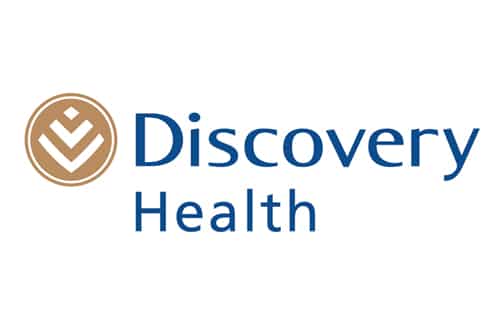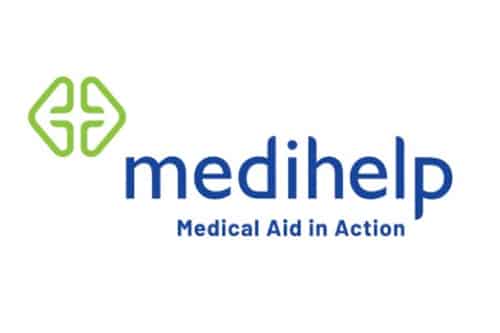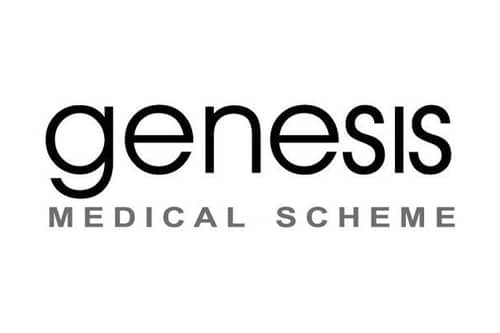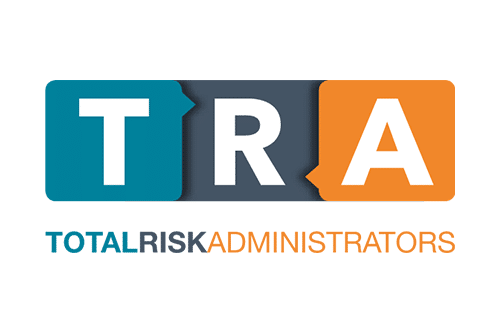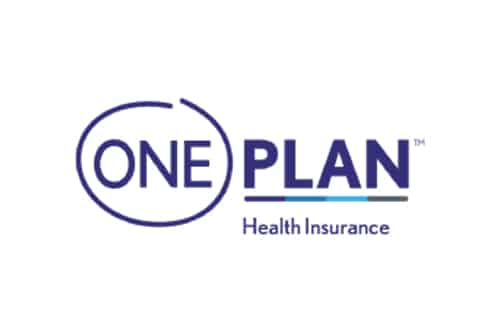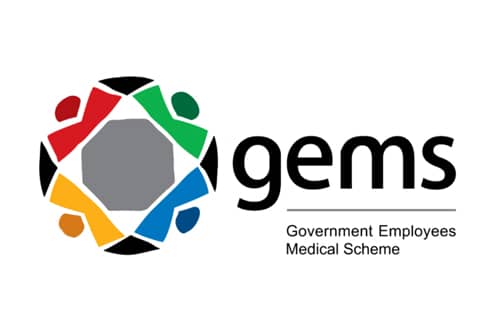Blood testing
A Comprehensive Guide to Blood Testing: Unveiling Vital Insights into Health
Blood testing, also known as blood work or blood analysis, is a cornerstone of modern medicine, providing valuable insights into a person’s health status, diagnosing diseases, monitoring treatment progress, and assessing overall wellness. This essential diagnostic tool involves analyzing blood samples to measure various parameters, including blood cell counts, chemistry, hormones, and markers of organ function. This guide will offer a detailed exploration of blood testing, covering its importance, common blood tests, preparation, procedure, interpretation of results, and the significance of regular screenings.
1. Importance of Blood Testing
Blood testing plays a pivotal role in healthcare for several reasons:
Diagnosis: Blood tests aid in diagnosing a wide range of medical conditions, including infections, anemia, diabetes, and heart diseases, by detecting abnormalities in blood composition and function.
Screening: Routine blood screenings can identify health risks even before symptoms manifest, enabling early intervention and prevention of disease progression.
Monitoring: Blood testing is essential for monitoring chronic conditions such as diabetes, ensuring treatment effectiveness and adjustment as needed.
Treatment Efficacy: Blood tests help healthcare providers assess the response to treatments, such as medications or therapies, and make necessary adjustments.
2. Common Blood Tests
Numerous blood tests serve distinct purposes. Some common ones include:
Complete Blood Count (CBC): This test evaluates red and white blood cells and platelet counts. It aids in diagnosing conditions like anemia, infections, and blood disorders.
Basic Metabolic Panel (BMP) and Comprehensive Metabolic Panel (CMP): These tests measure glucose, electrolytes, kidney function, and liver function, providing insights into overall health.
Lipid Profile: This test measures cholesterol and triglyceride levels, assessing heart disease risk.
Thyroid Function Tests: These tests measure thyroid hormone levels, assisting in diagnosing thyroid disorders.
Hemoglobin A1c (HbA1c): Crucial for diabetics, this test gauges long-term blood sugar control.
3. Preparation and Procedure
Preparing for blood testing can enhance the accuracy of results:
Fasting: Some tests require fasting, typically for 8 to 12 hours, to obtain accurate glucose and lipid levels.
Hydration: Drinking water before the test can facilitate blood sample collection.
Medication: Inform your healthcare provider about medications you’re taking, as some might interfere with test results.
During the procedure, a healthcare professional will cleanse the area, often in the arm, with an antiseptic, insert a needle to draw blood into a collection tube, and secure the site with a bandage.
4. Interpreting Blood Test Results
Understanding blood test results involves considering reference ranges, which vary based on factors such as age, gender, and laboratory standards. Results are usually categorized as normal, high (elevated), or low (decreased). Abnormal results may prompt further testing to determine the underlying cause and necessary interventions.
5. Regular Screening and Health Maintenance
Regular blood screenings are essential for maintaining health and preventing future health issues. Depending on factors like age, gender, family history, and lifestyle, healthcare providers may recommend specific blood tests at various intervals. For example, cholesterol levels should be checked every 4 to 6 years in adults, while diabetes screenings are recommended every 3 years for those aged 45 and older.
6. References for Further Reading
Demers, L. M., & Spencer, C. A. (2003). Laboratory medicine practice guidelines: Laboratory support for the diagnosis and monitoring of thyroid disease. Thyroid, 13(1), 3-126.
Pizzi, C., Mancini, S., Angeloni, C., Fontana, L., Scurti, M., & Galli, F. (2019). Biological pathways linking telomeres and nutrition: impact on chronic diseases. International Journal of Molecular Sciences, 20(16), 3842.
Rifai, N., & Horvath, A. R. (2012). Clinical biochemistry and POCT-emerging paradigms for health and disease. Clinical Chemistry, 58(11), 1432-1442.
Jellinger, P. S., Handelsman, Y., Rosenblit, P. D., Bloomgarden, Z. T., Fonseca, V. A., Garber, A. J., … & Kirkman, M. S. (2017). American Association of Clinical Endocrinologists and American College of Endocrinology guidelines for management of dyslipidemia and prevention of cardiovascular disease. Endocrine Practice, 23(S2), 1-87.
Lee, L. K., & Shah, B. R. (2018). Dyslipidemia. Primary Care, 45(2), 305-320.
Conclusion
Blood testing is an integral component of modern healthcare, providing critical insights into health status, diagnosing conditions, and monitoring treatment efficacy. A diverse array of blood tests serves various diagnostic purposes, from assessing blood cell counts to measuring organ function and hormone levels. Proper preparation, accurate procedure execution, and understanding reference ranges are essential for meaningful interpretation of results. Regular blood screenings are vital for preventive care, as they can identify health risks before symptoms emerge, enabling timely interventions. Regular consultations with healthcare providers and adherence to recommended blood testing schedules contribute to overall wellness and proactive healthcare management.

